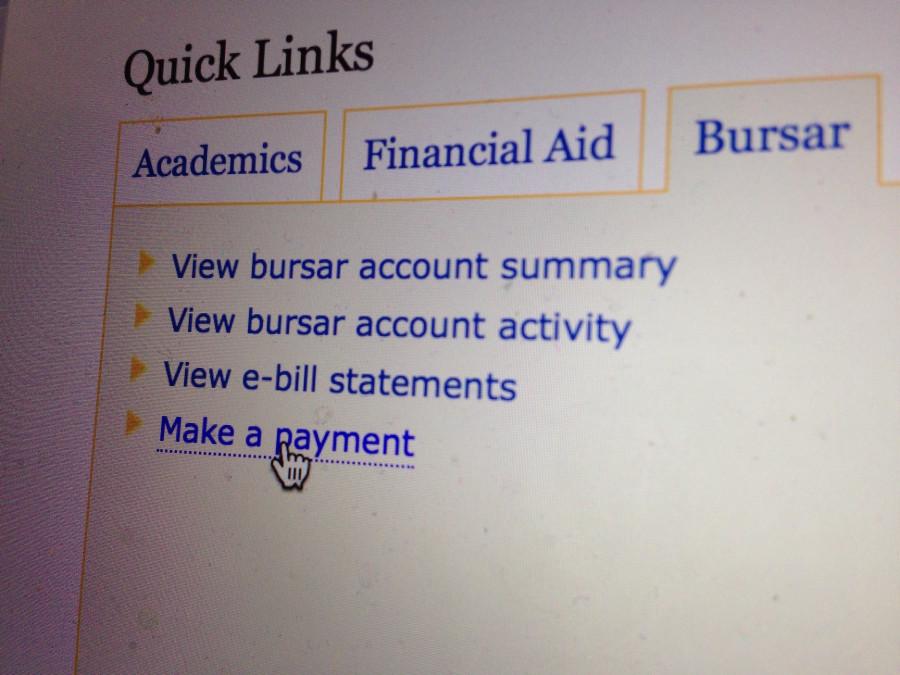 Mom and Dad’s MasterCard may soon be the way of the future for students exploring the shrinking world of student credit.
Mom and Dad’s MasterCard may soon be the way of the future for students exploring the shrinking world of student credit.
Due to new federal legislative reforms set to take effect in February, credit card companies will no longer be allowed to extend credit to those under the age of 21.
But there are a few loopholes. If underage applicants provide substantial proof that they earn enough income to pay off accompanying bills — like a W-2 form or income tax return — credit companies may approve them for a card.
For those who do not meet income requirements, there is another option. If a co-signer — in most cases a student’s parents — has approved income, those under 21 may acquire a credit card under the parent’s liability. Due to the risk involved with a co-signer’s credit history, card issuers need to request the co-signer’s authorization to raise the credit limit of the minor’s card.
Among the changes in the legislation is the prohibition of adolescent lobbying. After February 2010, students will not receive any promotional mail from credit card companies.
Mayra Martinez, a sophomore in the College of Arts & Sciences, endorses this legislative reform.
“I have only one credit card, and after that I receive junk mail almost every day,” Martinez said. “It’s pretty annoying.”
But for credit card companies, this means a large portion of their marketing strategy is eliminated.
David Clark, chair of the economics department at Marquette, said companies target adolescents because they are new to establishing credit and are more likely to remain loyal to their first card.
“Students are an attractive option for companies,” Clark said. “New clients will ultimately become a customer for a long period of time.”
While the regulations may mean less spam and less responsibility for some students, for other underage teens, the rules may prove problematic.
Some adolescents entering the labor force after high school may need to develop a credit score to attain loans for assets like automobiles or houses right away. Due to the credit reforms, this will become a much more complicated process for which many teens may not qualify.
“I suspect (the reforms) have something to do with the overall amount of credit card debt (in the nation),” Clark said. “It’s based on the idea that the younger students are tempted to use the credit card in an irresponsible fashion.”
Though teens are often stereotyped by notorious reckless spending, recent data shows that these stereotypes might hold more fact than fiction.
Statistics compiled by student loan provider Sallie Mae in April showed that 82 percent of undergraduates accrued finance charges by having monthly balances. The survey also found that 40 percent who used credit cards knew they did not have the funds necessary to pay back their bills.
On average, undergraduates carried a record $3,173 of credit card debt, 46 percent higher than the average from four years ago, according to Sallie Mae. Additionally, half of the undergraduates admitted to carrying four or more cards.
But there are exceptions, like Charles Giger, a freshman in the College of Arts & Sciences. He said he finds credit cards to be misleading.
“People think they can just swipe anywhere at any time and not get debt, but that’s just not true,” Giger said.
Clark advised students to establish credit at some point, but only if they do so responsibly.
“But if a student overextends and defaults on a credit card debt, it can have really detrimental effects on their credit history,” Clark said.





